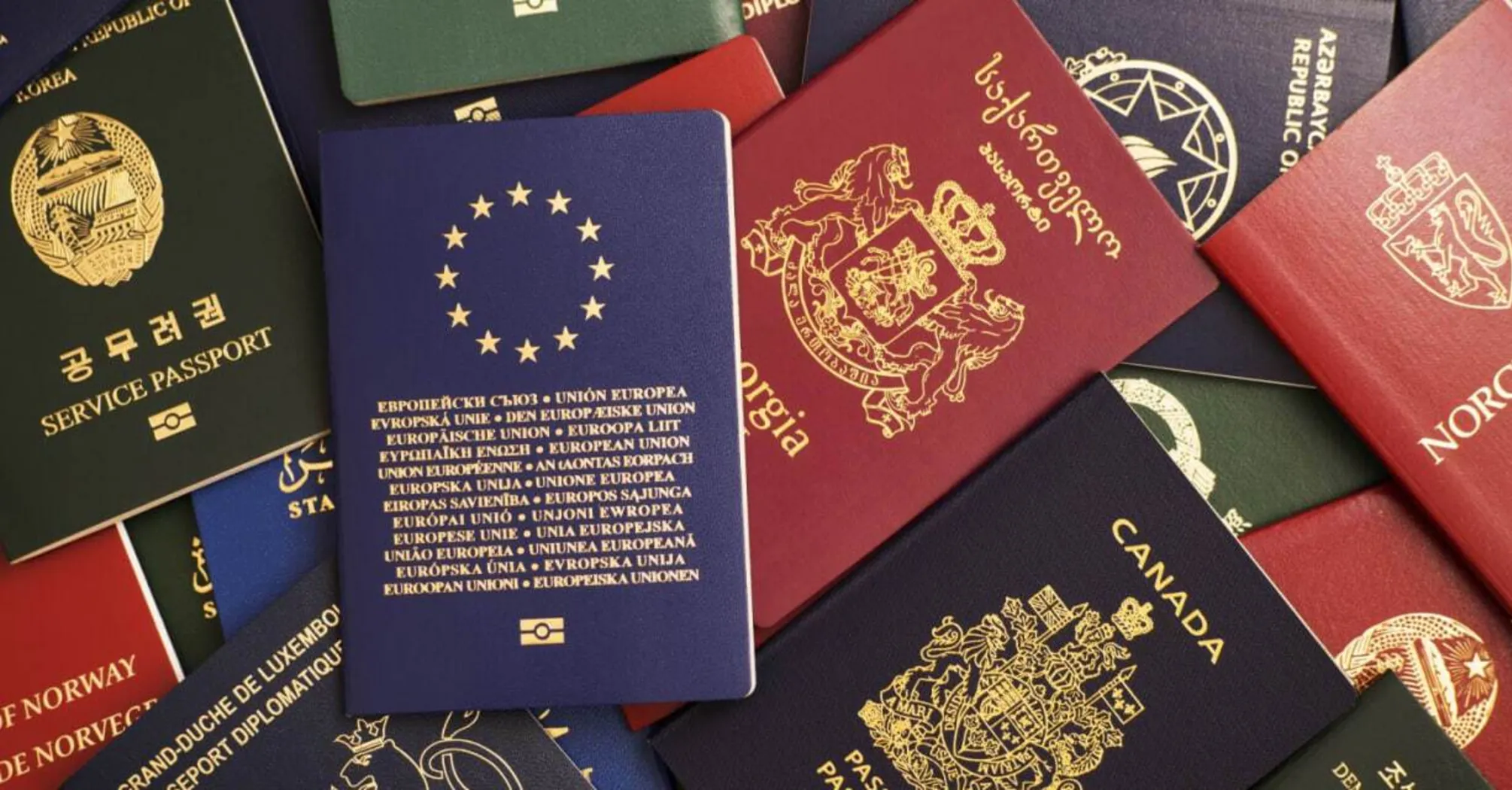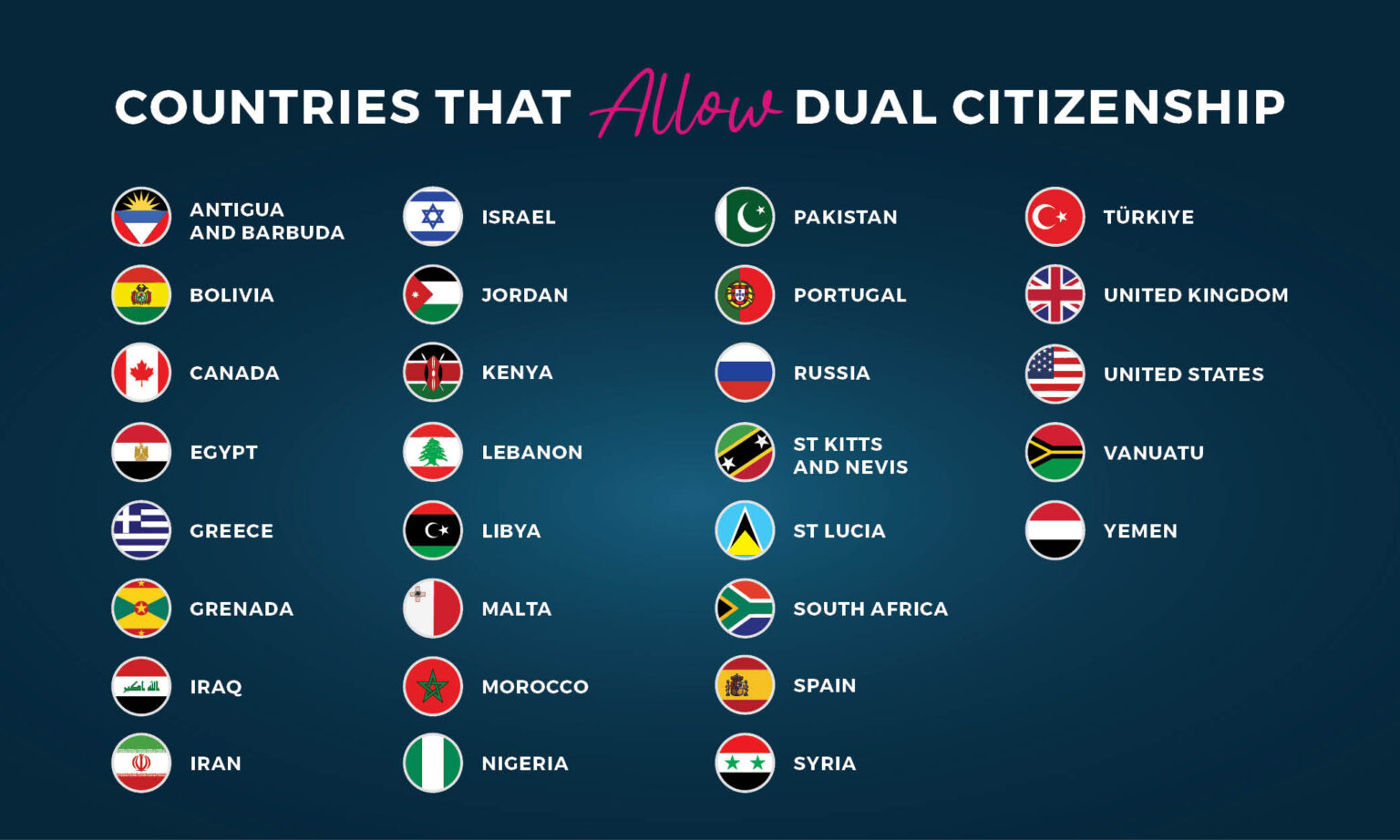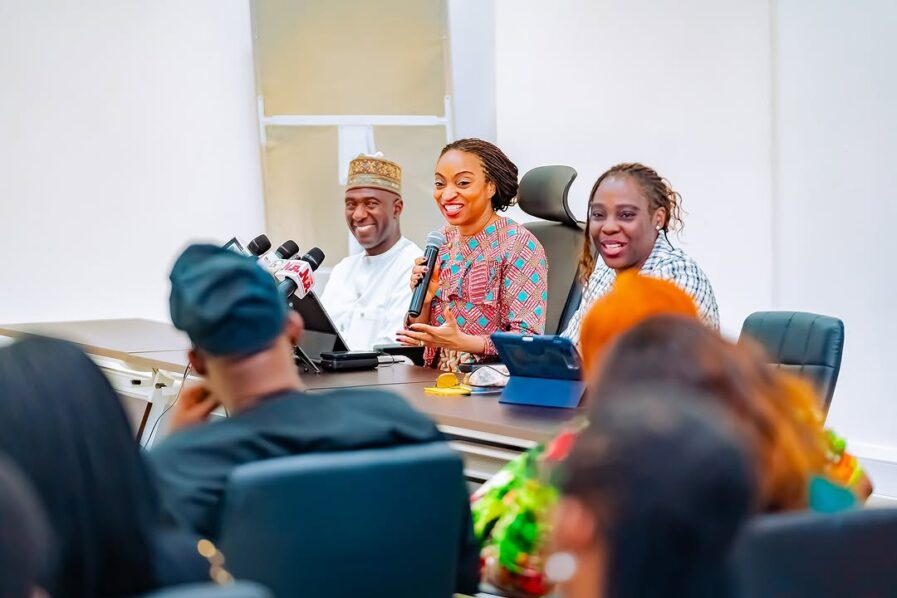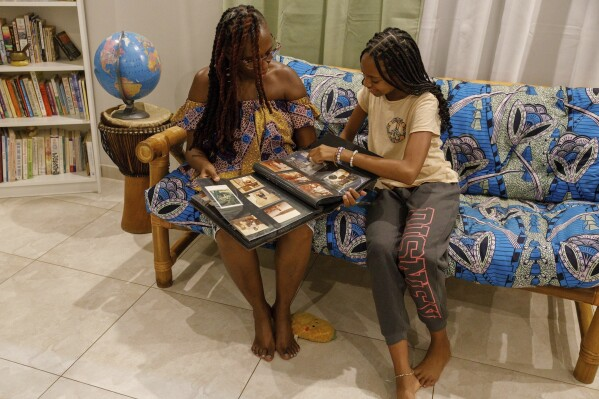Between Two Flags: Dual Citizenship and the Politics of Loyalty

The Rise of Dual Belonging
These days, dual citizenship isn’t some rare thing in Africa. It’s everywhere. It's not only politicians or the well off who practice this; it's the life that ordinary people live. Millions of Africans are scattered all over the world, studying, working, raising families, building lives. But no matter how far they go, home still tugs at them. Borders? They’re more like suggestions now. People move, identities blur, and the old, tidy boxes about where you belong just don't fit anymore. Beneath all the paperwork and flags, one messy question keeps coming up: what does it really mean to belong-to one place, or maybe to a couple at once?
Back after independence, most African countries wanted nothing to do with dual citizenship. Leaders wanted to protect their young nations. Belonging was simple: one country, one passport, no exceptions. Kenya, Nigeria, Ghana, they all slammed that door shut. Divided loyalty felt risky, like it could pull the country apart when it needed to stick together.

But then life happened. People left, made new homes, and started families abroad. They sent money back. They kept their old connections alive. Suddenly, the diaspora wasn't just an afterthought; it was a force. Remittances rolled in. Investments, too. New ideas. Ghana caught on in 2000 and made dual citizenship legal. Then Nigeria and Kenya followed. Now, more than 30 African countries have opened the door to it.
Still, even with new laws, those old questions don’t just disappear. Two passports sound great, but they come with baggage. For those whose countries compete in soccer, who do you root for? What if relations between your old home and new become tense? When there's a crisis-an election, protests, unrest-which side pulls at you harder?
For a lot of people in the diaspora, having two passports isn't about picking sides or loving one place less. It’s about keeping your roots even as you grow somewhere new. Sure, it’s practical. But honestly, there’s a lot of feeling mixed in, too—a way to hang on to both worlds. Not everyone gets it. Some governments, some neighbors, even some families, look at dual citizenship like it’s a cheat code, or worse, a betrayal. That’s the hard part: real belonging isn’t something you can stamp in a passport. It’s messier, and a lot more personal.
Politics, Privilege, and the Passport Hierarchy
Dual citizenship is not simply a matter of where one comes from; it's tied up in politics. Across Africa, it speaks to how power, privilege, and opportunity are distributed.
Take Nigeria and Ghana. The question of whether dual citizens should hold public office is a live wire. Some say letting “two-flag” people lead opens the door to divided loyalties. Imagine someone holding both Nigerian and American citizenship, suddenly, folks worry they’ll put the U.S. ahead of Nigeria. But others push back. They argue it’s old thinking. In today’s world, having roots in more than one place can actually make leaders stronger, not weaker.
These aren’t just debates on paper. In Ghana’s 2020 election, people grilled candidates over their foreign passports. Liberia passed its dual citizenship bill in 2022 after years of tension, as opponents warned that it would water down patriotism or put diaspora returnees ahead of locals. In Kenya, arguments flared up during constitutional reforms—some lawmakers feared wealthy returnees would come back with foreign money and take over politics.
And then there’s the passport hierarchy, pretty hard to ignore. An African who holds a U.S. or European passport suddenly has doors open everywhere. They can travel, find better jobs, and often get more respect abroad. But try flipping that; Americans or Europeans rarely face the same welcome in Africa. This lopsidedness stings. At home, dual citizens can look like distant elites, people who packed up when things got tough and only came back when it suited them.
But it’s not all smooth sailing for dual citizens, either. They’re caught between countries, dealing with double taxes, tricky legal rules, and clashing expectations. A Nigerian-American, say, might be expected to vote in both countries or do civic duties on two fronts, and sometimes, each side treats them with suspicion. What looks like pure privilege from the outside often turns into a constant balancing act.

Diaspora Connect
Stay Connected to Home
From Lagos to London, Accra to Atlanta - We Cover It All.
Things are changing, though. More governments are starting to see the value in their diasporas, not just as sources of money, but as unofficial diplomats. African embassies host forums for dual citizens, organize cultural events, and run investment drives. The message is shifting. Loyalty doesn't need to be a zero-sum game; it can be shared, practical, and good for everyone concerned.
Rethinking Loyalty in a Global Africa
Dual citizenship is changing the game for Africa and honestly, for the whole world. These days, digital life, nonstop travel, and remote work blur old borders. You can’t really measure belonging by a passport’s color or a street address anymore.
In cities all over Africa, people coming back from the diaspora — they’re sometimes called “repats” — are shaking things up. They’re not just bringing home fancy degrees. They will bring new ideas about how to handle things, treat people, or start something from scratch. Such time spent abroad will make them more caring about fixing what they have left behind. Take tech founders in Lagos, Nairobi, or Accra, so many of their big ideas come straight from their experiences overseas. Instead of feeling torn, they use their double identity as an edge.

Still, it’s not always easy. Dual citizens carry this weird tension, never quite at home anywhere. At home, they’re sometimes “too foreign.” Abroad, they’re “too African.”But maybe that’s not a weakness. Maybe living between worlds is exactly what makes citizenship more open, more real. If loyalty means giving back, not just sticking to one place, Africans who claim two flags might be the most loyal. They invest, they vote, they fight for their countries, even from thousands of miles away.
Community and religious groups are catching on. Churches, student groups, professional networks, they’re building bridges across continents. Dual citizens often end up as connectors, linking local charities to global donors, putting hometown projects on the world’s radar. They’re like unofficial diplomats, working outside politics but inside a shared sense of belonging.
But there’s a real challenge for governments. African countries need to keep updating their citizenship rules to fit how people actually live now. If the laws are too strict, they’ll push away some of their best minds. But if they open up, they can turn the energy of the diaspora into real innovation and investment.
In all, the story of dual citizenship in Africa is one of change: from suspicion to trust, from shut out to invited in. Under two flags, Africans aren't split in half; they're doubled.They get to belong in more than one place, and those connections might just shape Africa’s future.
Recommended Articles
There are no posts under this category.You may also like...
Super Eagles Fury! Coach Eric Chelle Slammed Over Shocking $130K Salary Demand!
)
Super Eagles head coach Eric Chelle's demands for a $130,000 monthly salary and extensive benefits have ignited a major ...
Premier League Immortal! James Milner Shatters Appearance Record, Klopp Hails Legend!

Football icon James Milner has surpassed Gareth Barry's Premier League appearance record, making his 654th outing at age...
Starfleet Shockwave: Fans Missed Key Detail in 'Deep Space Nine' Icon's 'Starfleet Academy' Return!

Starfleet Academy's latest episode features the long-awaited return of Jake Sisko, honoring his legendary father, Captai...
Rhaenyra's Destiny: 'House of the Dragon' Hints at Shocking Game of Thrones Finale Twist!

The 'House of the Dragon' Season 3 teaser hints at a dark path for Rhaenyra, suggesting she may descend into madness. He...
Amidah Lateef Unveils Shocking Truth About Nigerian University Hostel Crisis!

Many university students are forced to live off-campus due to limited hostel spaces, facing daily commutes, financial bu...
African Development Soars: Eswatini Hails Ethiopia's Ambitious Mega Projects

The Kingdom of Eswatini has lauded Ethiopia's significant strides in large-scale development projects, particularly high...
West African Tensions Mount: Ghana Drags Togo to Arbitration Over Maritime Borders

Ghana has initiated international arbitration under UNCLOS to settle its long-standing maritime boundary dispute with To...
Indian AI Arena Ignites: Sarvam Unleashes Indus AI Chat App in Fierce Market Battle

Sarvam, an Indian AI startup, has launched its Indus chat app, powered by its 105-billion-parameter large language model...
